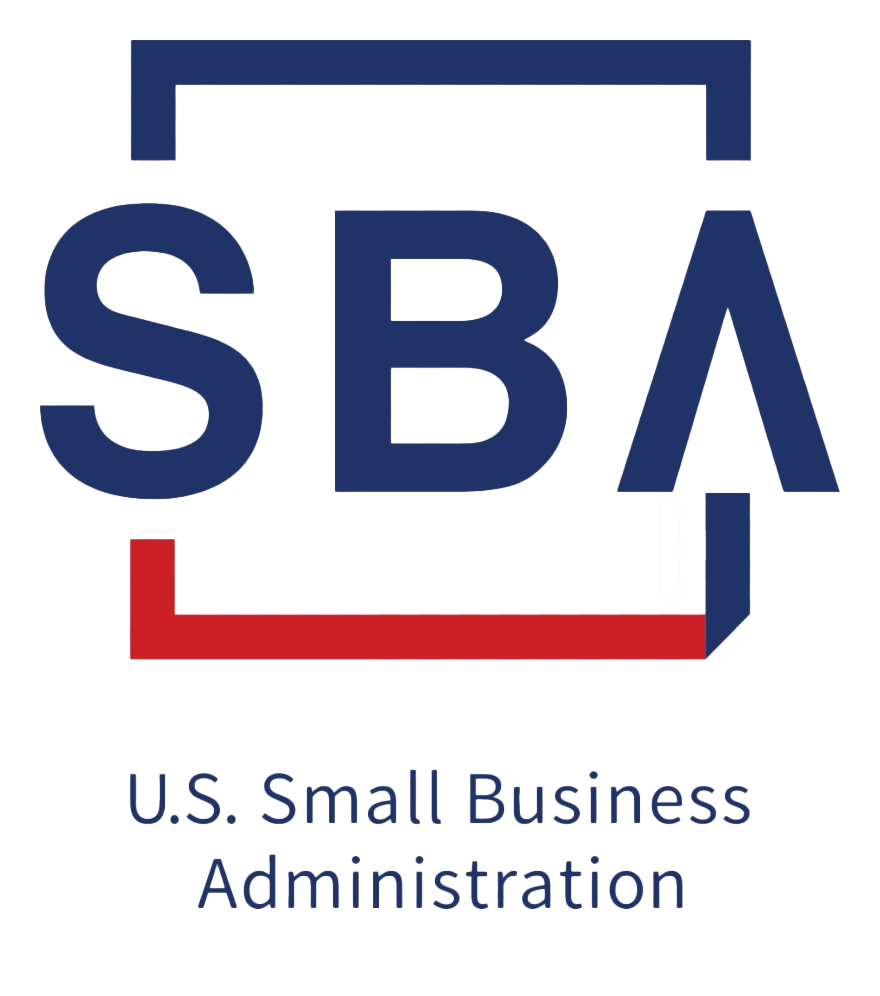Program Summary
The Colorado Startup Loan Fund provides capital to mission-based lenders to provide loans to Colorado entrepreneurs and small business owners needing capital to start, restart, or restructure a business, and those who are not able to obtain a loan from traditional lenders.
Learn More About The Colorado Startup Loan Fund
OEDIT has partnered with eight mission-driven lenders to provide micro-loans under $150,000 to small business owners and entrepreneurs with capital from the Colorado Startup Loan Fund. By offering smaller than average loans with favorable terms and interest rates, the program seeks to make financing a possibility for entrepreneurs who might not qualify for or require a larger loan. These lenders have been selected for their abilities to work with business owners who are located in rural areas, may not be native English speakers, have never carried a loan, lack the traditional assets required to secure financing, or have been previously unable to obtain a loan.
- Existing businesses that are unable to qualify for traditional financing
- New businesses that are unable to qualify for traditional financing
- Existing businesses who experienced financial losses or other impacts from the COVID-19 pandemic that may inhibit their ability to obtain capital through traditional sources
- Businesses that are unable to qualify for traditional financing
- Businesses that are restructuring or recovering from financial hardship due to the COVID-19 pandemic
- Increasing capital in underserved communities
Loans up to $150,000
- For-profit entity located in Colorado with primary business activities in the state and who have a majority of employees working in Colorado
- 25 or fewer full time employees (FTE) at the time of loan issuance
- A maximum of $2 million in gross annual revenues in the fiscal year preceding application
- A maximum of $2 million projected gross annual revenue in the upcoming fiscal year
- An inability to obtain traditional financing
- Loans up to $150,000
- Interest rate: 4% + WSJ (Wall Street Journal) prime rate
- Length of loan: up to 10 years
- Origination up to 3% of principal
- Loans for startup working capital with cash flow projections that show future debt service coverage
- Loans for working capital, startup expenses, tenant improvements, commercial real estate, equipment, and, in some cases, debt restructuring and business acquisitions
- B: Side Fund
- Community Enterprise Development Services (CEDS Finance)
- Colorado Enterprise Fund
- XI – Exponential Impact
- First Southwest Community Fund
- Lendistry
- Region 9 Economic Development Group/ Rural Consortium 6
- Rocky Mountain MicroFinance Institute (RMMFI)
- Northeastern Colorado Revolving Loan Fund
- Clear Creek Economic Development Corp
- Prairie Development Corporation
- Southeast Colorado Enterprise Development
- San Luis Valley Development Resource Group
- Region 10 League for Economic Assistance and Planning
- Business Loan Fund of Mesa County
FAQ’s
Each lender will offer different loan sizes, with minimum loan sizes of $10,000 and maximums of $150,000.
Businesses are encouraged to determine which lender serves their geographic area and offers the type and size of loan they need.
Businesses should identify the lender that serves their geography and business needs and apply directly with the lender to be matched with a loan funded by the Colorado Startup Loan Fund. Each lender will have their own application process and timeline. OEDIT will not be collecting applications.
Each lender will have unique eligibility requirements for the loans funded by the Colorado Startup Loan Fund. Additionally, some lenders will require that the business participate in their technical assistance programming to be eligible for a loan. Businesses are encouraged to refer to the minimum eligibility requirements of the program before connecting with a lender.
Each lender has their own set of criteria to identify small businesses that may not be able to secure financing otherwise. These requirements could include low- to moderate-income borrowers, businesses or borrowers with poor or unestablished credit scores, startups that have been in operation for less than six months, and other criteria.


